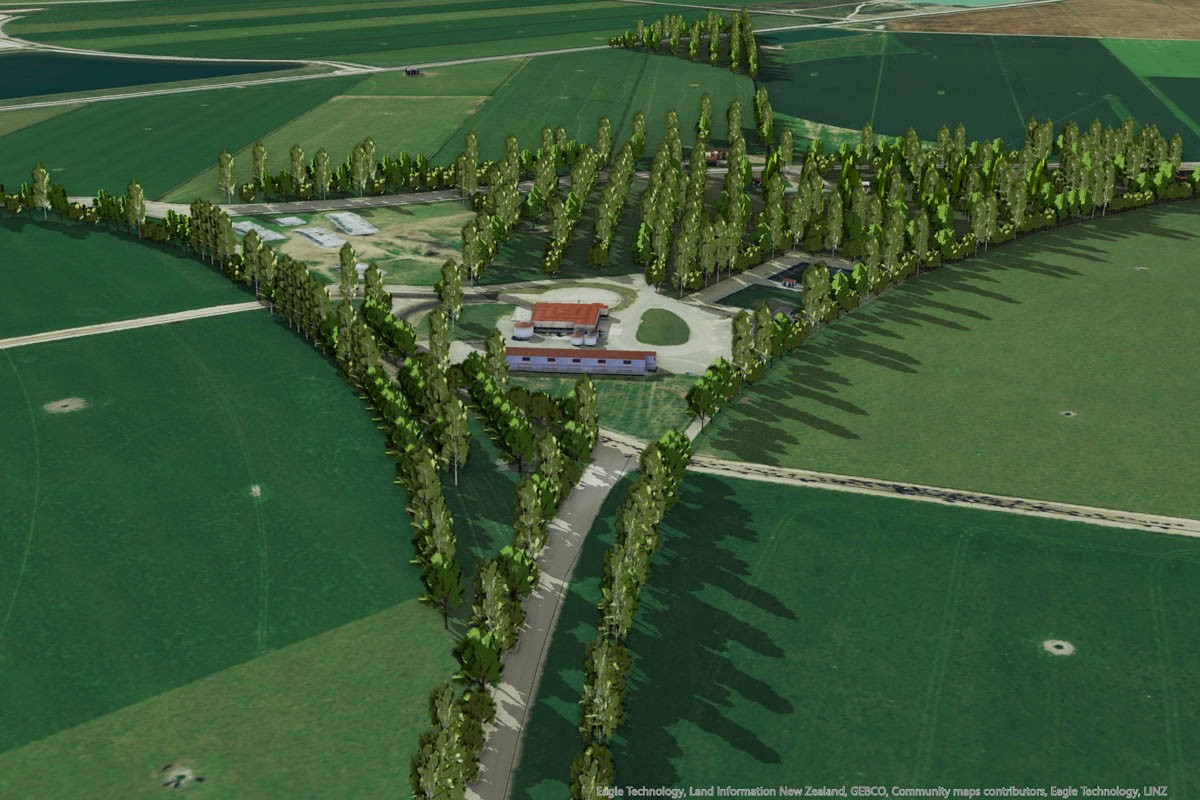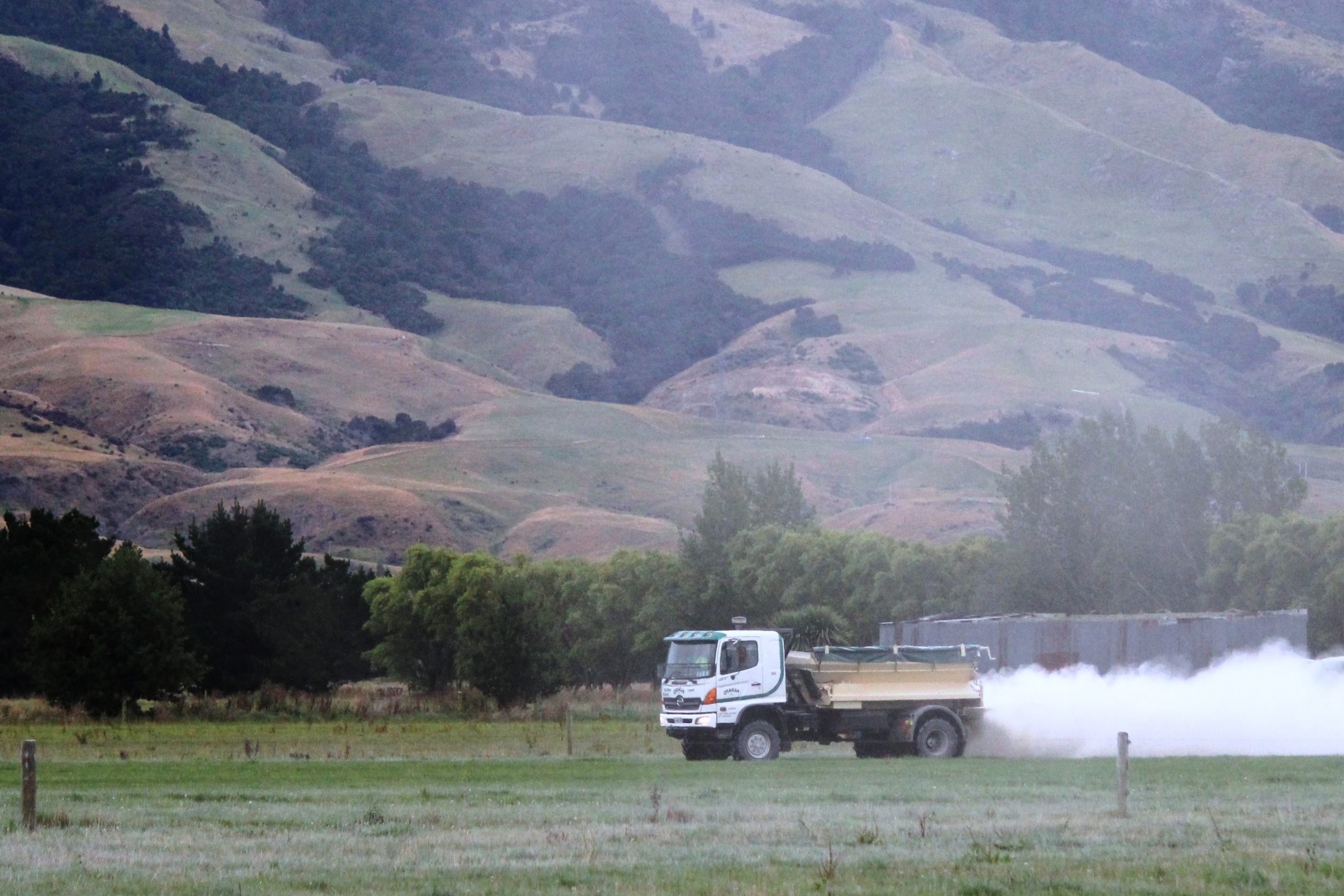Anna Campbell
 The hyperarousal effect, known to most of us as the fight or flight response, kicks in when we perceive threats to our safety.
The hyperarousal effect, known to most of us as the fight or flight response, kicks in when we perceive threats to our safety.
Right now, wherever I travel in rural New Zealand and whether it is farmers I speak with, or industry people, the main topic of conversation is frustration around environmental policy – akin to a lion in our midst.
This is understandable given the raft of regulatory changes being imposed, but it also worries me because when we are so tied up fighting NZ politics and thinking within our geographical boundaries, are we missing a king cobra in the grass?
During September a report was released by United States-based independent think-tank, RethinkX “Rethinking Food and Agriculture 2020-2030.” Their opening gambit “We are on the cusp of the deepest, fastest, most consequential disruption in food and agricultural production since the first domestication of plants and animals 10,000 years ago.”
In a nutshell, the authors believe the rise in cellular agriculture, where food is engineered by scientists at a molecular level, uploaded to databases and accessed by food designers anywhere in the world, will replace all conventional agricultural systems in little more than a decade.
They predict the US cattle industry will be effectively bankrupt by 2030, with demand for cow-based products having dropped by 70%. Other livestock markets, including fish and poultry will follow a similar trajectory.
Only months after the report was released, the largest US milk producer, Dean Foods, a company the size of Fonterra, went bankrupt citing the rise in demand for plant-based milk products as one of the reasons. This is a sharp reminder that businesses and industries are never too big to fail.
How much of the report is hype? The timelines seem incredible and my first instinct, along with many others, was to rubbish it. The authors are San Francisco-based, the centre of the alternate protein investment hype – do they have vested interests? I don’t know, but what if they are right?
The report goes into the phasing of new types of foods, with the disruption starting as ingredient substitution. This will be a business-to-business, rather than consumer-led disruption and it is easy to imagine how this might work for products like sugar, whey protein and egg powders.
Following ingredient substitution comes the substitution of end-products completely – business-to-consumer. First, this is mixing new with old products before total one-to-one substitution, where complete, complex foods, such as meat, milk and vegetables are completely swapped out by cellular replacements, potentially brewed in a local food entity.
If ingredients are the first to be disrupted what does this say of Fonterra’s strategy to consolidate the dairy business around ingredients? A very good Ted Talk by New Zealander, Danielle Appleton addresses this very issue, questioning the future for commodity-style anonymous ingredients. She also argues a strong case for Kiwi ingenuity as instrumental in mapping the future for NZ agriculture. https://www.ted.com/talks/danielle_appleton_is_new_zealand_dairy_in_danger_of_being_milked_out_of_existence
What does this Kiwi ingenuity look like faced with a King Cobra? Here are my thoughts:
- Alternate protein products are highly processed and there is increasing evidence pointing to processed food, often high in salt and/or fructose, being a major contributor to the obesity epidemic. NZ has under-invested in clinically based research into the nutritional benefits of whole food products and combinations – the Government and industry must drastically increase their spend on the development of functional food products made from NZ agricultural products – think kiwifruit fibre-enriched red meat products, digestive health, energy and brain function in one hit.
- World wealth and population growth has shifted East. Now is the time for Government and industry to significantly invest in developing Asian, Middle East and African markets, not just China though, we can’t afford to have too many eggs in that basket – think India, Kenya or the UAE and determine how NZ cuisine and flavours work in those markets.
- We need to develop greater diversity within our agricultural sector and flexibility of land-use incorporating horticulture and cropping on to our livestock farms – and we need to tie this in with a shared economy for processing and marketing products – Uber agriculture if you like.
- NZ’s food and fibre products are too good to be anonymous ingredients and commodities. As much as we are angry with the Government, we need to take a deep breath, move out of our instinctive fight-flight response into thoughtful innovation and bold market directives. NZ farmers have risen to such challenges before – it’s time to do so again.
- Anna Campbell is managing director of AbacusBio Ltd, a Dunedin based agri-technology company.
- First published in Country-Wide January 2020.





